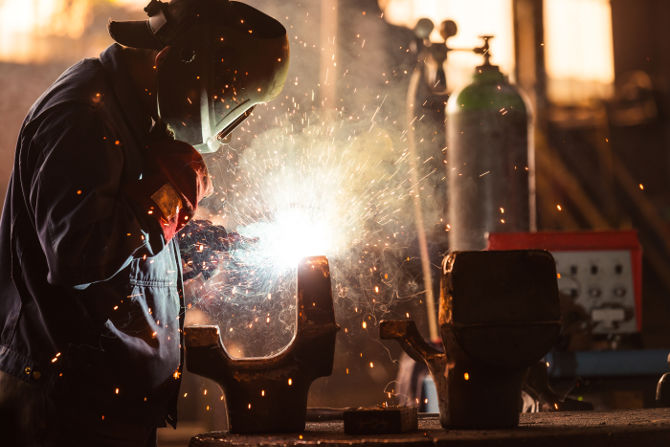British Government too slow to save the steel industry

The UK government reacted too slowly to the crisis in the steel industry that has caused more than 5,000 job losses and left the sector permanently damaged, a parliamentary committee has said.
Although the government viewed the steel industry as important, it did not respond to warning signals about its mounting problems, which included reduced demand, falling prices and dumping of cheap steel by China, according to a report backed by all MPs on the business, innovation and skills committee.
When Sajid Javid, the business secretary, and other ministers woke up to the crisis, they did not do enough to keep plants open and instead concentrated on compensating workers affected. This led to a permanent loss of skills and the closure of plants that will never reopen.
Iain Wright, the Labour chairman of the committee, said: “The steel industry is now on the verge of terminal decline. For too long the government failed to be alert to the alarms raised by the industry and act at home to maintain a steel industry in the UK when other European countries were acting to safeguard their own strategic steel industries.”
The closure of SSI’s plant at Redcar on Teesside in October brought home the extent of the crisis. After almost 100 years in operation, Europe’s second-biggest blast furnace shut with the loss of 1,700 jobs and wider consequences for the struggling local economy. Further job cuts and mothballing of plants followed at Tata Steel’s sites in Scunthorpe and Scotland.
Wright said: “My concern is that the government should have explored much more thoroughly options to keep the Redcar plant open to retain the industrial assets and the skills rather than washing its hands too quickly, allowing it to close down and inflict severe damage on future manufacturing capability.
“Failure to consider effective mothballing not only undermines capability for the UK steel industry in the future but could cost the taxpayer a fortune in clean-up costs.”
The committee said the problem of Chinese dumping needed to be resolved for the UK’s steel industry to be viable and that the government did not push the European Union hard enough to repel dumping by China.
The committee said steel’s malaise was due to complacency by successive governments but that the current government was slow to act on proposals put forward by the sector, including relief from business rates and high energy bills, and greater government support when it buys steel for big projects.
Wright said: “The government has relied on crisis management rather than ongoing engagement with the steel industry. Steel is a strategic industry and ministers have recognised its strategic importance. The inaction with steel doesn’t bode well for other strategic industries if they were to face a crisis.”
The government should act quickly on the main proposals from the industry and should work with the sector in general to examine whether policy decisions threaten other important sectors, the MPs said. They called for a more active industrial policy and for the government to spell out how it will work to avoid a repeat of steel’s problems.
The business, innovation and skills department said the government had taken action on relief for energy costs, anti-dumping, procurement and European emissions directives.
“While the government is doing all it can to help the industry, the government cannot dictate the commercial decisions, operations or financial performance of private companies.”
The official rejected the committee’s criticism over the government’s handling of Redcar’s closure and said SSI UK had suffered £600m of losses in three years and amassed high debts.
“If the select committee had a magic bullet that could have saved the plant against these conditions, they certainly kept it to themselves,” the official added.